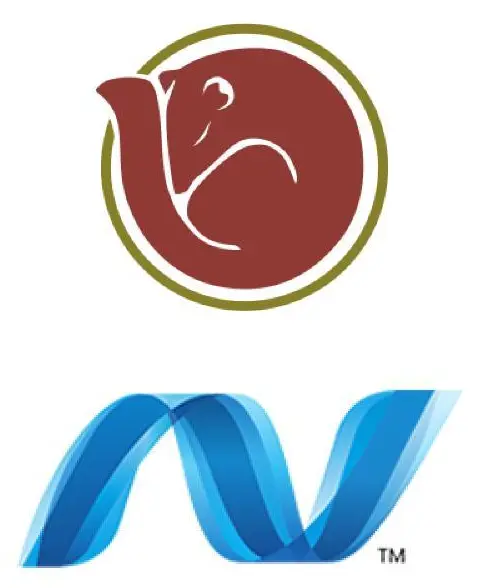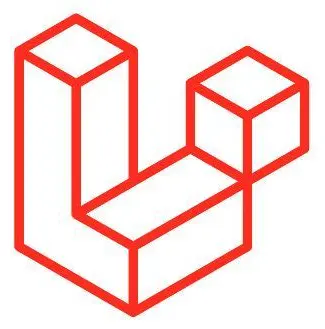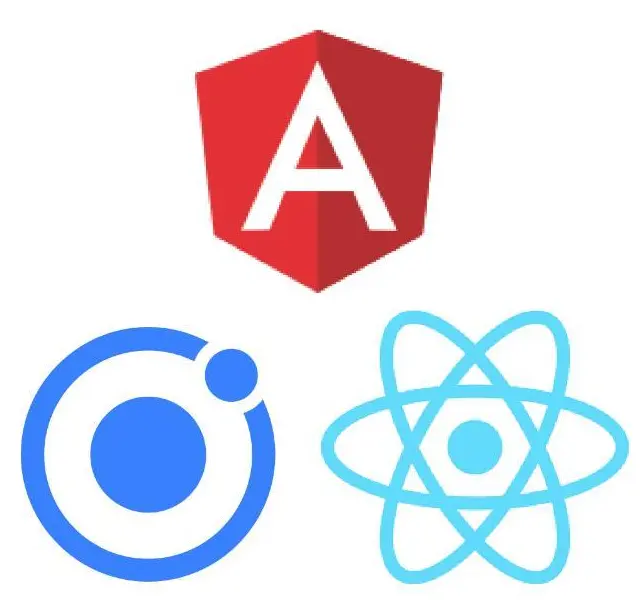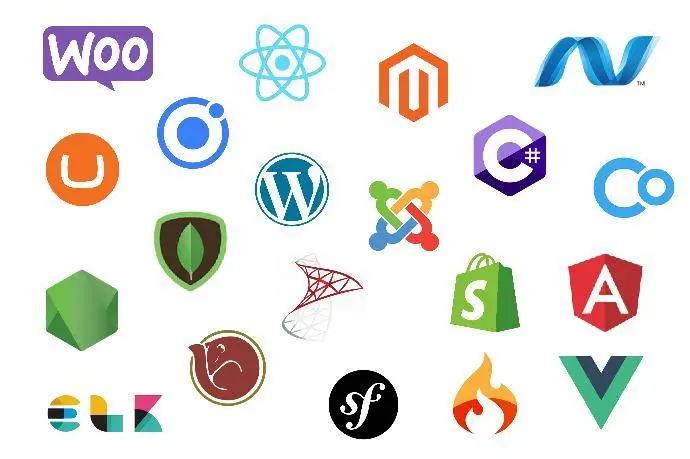What is a framework?
A software development environment
A programming platform or framework is a term for the environment that a software application is built to run in, such as NHibernate or Laravel.
Unlike a CMS, it does not have 'ready-to-use' tools that can be used for content management and updates.
Framework is not coding from scratch
However, a framework has a set of "common codes," or building blocks for developing your website, making it a relatively easy task compared to coding everything from scratch.
Frameworks can also be extended using the "libraries" installed with the framework. This allows you to create new features that expand the core functions of the framework, similar to how plugins do for CMS systems.
What is the right choice for you?
We help you make the right choice
The choice between the two depends on what the platform is for and what your business needs are.
If your website, webshop, or software system's features can be achieved using a CMS such as WordPress, Magento or Umbraco, you are better off using them instead of a framework.
Having said that, frameworks such as NHibernate .NET and Laravel allow you to develop a
custom software application, that is 100% tailored to your requirements and needs.
Get what you want
Although it requires more work, you will get the system you want, with features and functionality that are not found in standard CMS systems.
Contact us and let's have a non-binding meeting about choosing the platform or framework for your project.

NHibernate & Entity .NET frameworks
itpilot uses the .NET frameworks NHibernate and Entity for developing software applications based on Microsoft technologies.
We have many years of experience with both frameworks and primarily use them when developing larger digital business-supporting software applications.
When working with NHibernate and Entity, we also use
C#,
MSSQL, and
React JS among others.
Read more about developing custom software applications with itpilot


Laravel framework
itpilot has extensive knowledge and experience in developing custom software applications based on the Laravel framework.
Laravel is an MVC framework based on the programming language PHP.
In short, Laravel gives developers the opportunity for faster development of a fast, secure, dynamic, and maintainable application.
Laravel shows its strength best in more demanding applications such as SAAS applications, backend platforms, or APIs. The strong code standards and popularity of the framework make integration with ERP systems and CRM systems a breeze.
Read more about how we work with Laravel development here ->

Angular, Ionic, React Native frameworks
At itpilot, we are experts in developing
hybrid apps, where we typically program in open-source tools/frameworks such as
Angular,
Ionic, or
React Native.
We love software development
We develop fantastic & value-adding software for our clients
When we develop web and software solutions, we have a big toolbox of recognized programming languages, database systems, Content Management Systems, e-commerce systems, and development frameworks that we base the solutions on.
A selection from our toolbox:
- C#, MSSQL
- NHibernate and Entity
- PHP, MySQL, MongoDB
- Laravel, Symfony, Codegniter
- ELK Stack
- NodeJS, VUE JS, REACT JS
- Angular, Ionic, React Native
- WordPress, Joomla, Umbraco
-
Magento,
WooCommerce,
Shopify, Prestashop

Important factors when choosing a framework

Requirements for your project
If your project does not have complex requirements, you can choose a CMS. If you want a blog, a smaller webshop, or a website, then WordPress or Joomla are both excellent systems that can cover these needs. If your project is more complex and has specific requirements that a CMS cannot handle, a framework such as Laravel or NHibernate .NET is more suitable.

Costs
Since CMS-based web development takes less time, it also costs less. With frameworks, not only is the development time longer, but most features and functionalities also need to be developed first, leading to higher costs.

Time perspective
A CMS comes with the basic functions that are necessary to create a website or webshop. This makes the development time shorter compared to frameworks. If you are working with a Minimum Viable Product (MVP) and aiming to go live as quickly as possible, then a CMS is surely the best choice.

Scalability
Websites, webshops, or custom software applications based on frameworks are more scalable as you are not limited by a fixed architecture that does not meet your requirements (unlike a CMS, where such a limitation may occur).
